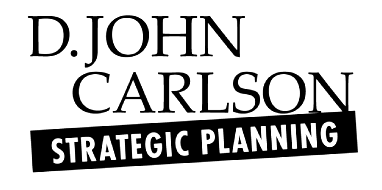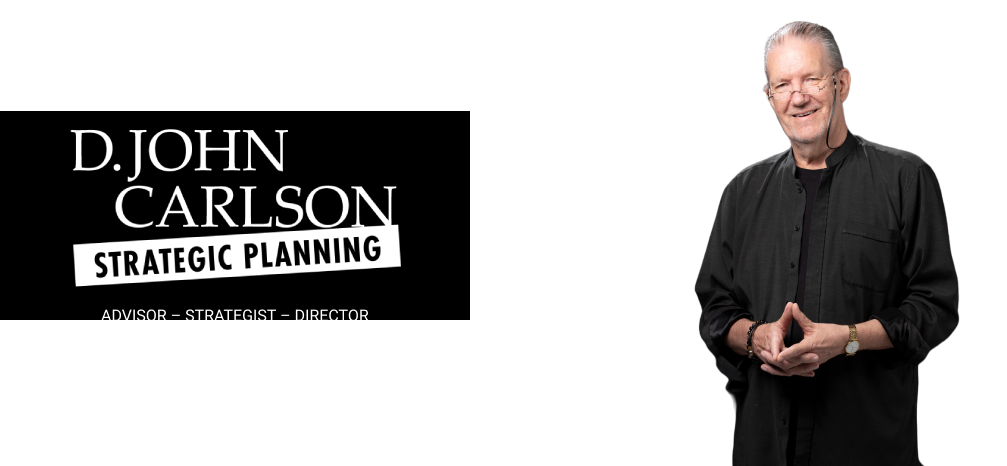Consumer decision making is more often than not – less than rational. That said – it is also more often than not – predictable – and if we can predict it, we can usually manage it or even leverage it. Understanding predictably irrational behaviour can assist cost-effective marketing. Consider! To boost sales, present your product […]
Consumer decision making is more often than not – less than rational. That said – it is also more often than not – predictable – and if we can predict it, we can usually manage it or even leverage it. Understanding predictably irrational behaviour can assist cost-effective marketing. Consider! To boost sales, present your product as having a specific purpose and benefit, rather than a more generalised benefit. Imagine two scenarios, each with two options tested with separate samples of consumers: Scenario 1 – consumers can purchase a specialist earthquake insurance policy or a general insurance policy which includes an identical level of earthquake coverage – for exactly the same price Scenario 2 – the consumer can choose between two travel insurance policies – one with specialist terrorism cover and the other with general cover, including the same level of terrorism cover. In studies completed by Nobel Prize winner Daniel Kahneman,…


 Back
Back